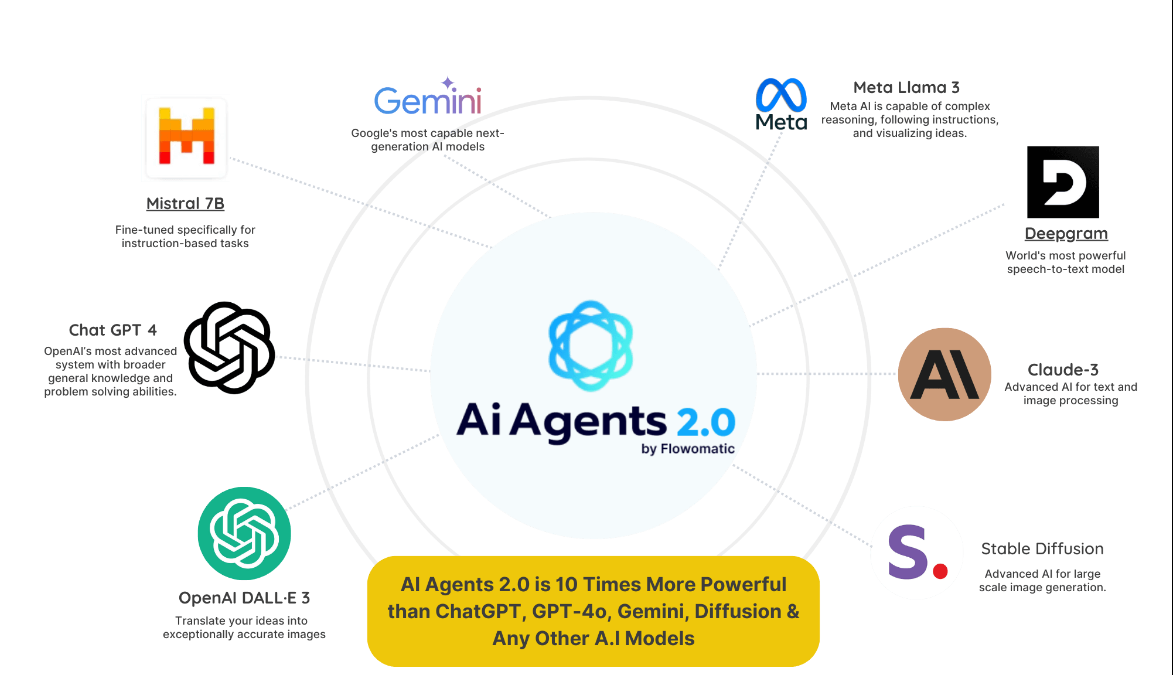Getty Images
We’re years into the pandemic-driven explosion in remote work and, while most of us have gotten used to having many more remote meetings, they still seem a little awkward.
There’s the uncertainty about where to look, the hesitant wave goodbye at the end, the fiddling around with settings at the beginning, the unpleasantness of constantly watching yourself, and that one colleague who has really odd taste in backgrounds.
All of which creates a subjective feeling for many that spending time on Zoom — while possibly still preferable to a daily commute — can be exhausting and somehow unsatisfying. Are we all just still getting used to meeting by video? Is it just a quirk of the tech? Or is something more fundamental going on within our brains that makes Zoom feel so awkward?….Continue reading…
By: JESSICA STILLMAN
Source: The Brutal Truth of What Zoom Calls Do to Your Brain, According to New Yale Research | Inc.com
.
Critics:
Zoom has been criticized for “security lapses and poor design choices” that have resulted in heightened scrutiny of its software. The company has also been criticized for its privacy and corporate data sharing policies. Security researchers and reporters have criticized the company for its lack of transparency and poor encryption practices.
Zoom initially claimed to use “end-to-end encryption” in its marketing materials, but later clarified it meant “from Zoom end point to Zoom end point” (meaning effectively between Zoom servers and Zoom clients), which The Intercept described as misleading and “dishonest”. In March 2020, New York State Attorney General Letitia James launched an inquiry into Zoom’s privacy and security practices.
The inquiry was closed on May 7, 2020, with Zoom not admitting wrongdoing, but agreeing to take added security measures. In the same month, a class-action lawsuit against Zoom was filed in the United States District Court for the Northern District of California.
According to the lawsuit, Zoom violated the privacy of its users by sharing personal data with Facebook, Google, and LinkedIn, did not prevent hackers from disrupting Zoom sessions, and erroneously claimed to offer end-to-end encryption on Zoom sessions. Zoom settled this lawsuit for $86 million.
On April 1, 2020, Zoom announced a 90-day freeze on releasing new features, to focus on fixing privacy and security issues on Zoom. On July 1, 2020, Yuan wrote a blog post detailing efforts taken by the company to address security and privacy concerns, stating that they released 100 new safety features over the 90-day period.
Those efforts include end-to-end encryption for all users, turning on meeting passwords by default, giving users the ability to choose which data centers calls are routed from, consulting with security experts, forming a CISO council, an improved bug bounty program, and working with third parties to help test security. Yuan also stated that Zoom would be releasing a transparency report later in 2020.
In May 2020, the Federal Trade Commission (FTC) announced that it was looking into Zoom’s privacy practices.The FTC alleged that since at least 2016, “Zoom maintained the cryptographic keys that could allow Zoom to access the content of its customers’ meetings, and secured its Zoom Meetings, in part, with a lower level of encryption than promised.”On November 9, 2020, a settlement was reached, requiring the company to implement additional security measures.
In December 2020, Zoom announced that it was under investigation by the U.S. Securities and Exchange Commission (SEC) and the United States Attorney for the Northern District of California and that it had received a subpoena in June 2020 from the United States Attorney for the Eastern District of New York requesting information on the company’s interactions with foreign governments and political parties.
Both federal prosecutors also sought information and documentation about security and privacy matters regarding Zoom’s practices. On December 19, 2020, a former Zoom executive was charged by the U.S. Department of Justice with conspiracy to commit interstate harassment and unlawful conspiracy to transfer a means of identification.
The charges are related to the alleged disruptions to video meetings commemorating the 1989 Tiananmen Square protests and massacre. Federal prosecutors in Brooklyn, New York, said that Xinjiang “Julien” Jin, then 39, was a San Jose, California–based company’s main liaison with intelligence and law enforcement agencies of China.
Zoom later acknowledged it was the company in question. It said in a statement that it had terminated Jin’s employment for violating company policies and was cooperating with the prosecutors. Jin is not in custody because he is based in China.In Febru ry 2021, Zoom announced a new feature called Kiosk Mode, which will allow people visiting offices to check in with a receptionist virtually on a kiosk, without any physical contact.
In March 2021, Zoom announced that from August 23, 2021, Zoom will stop selling new and upgraded products directly to customers in mainland China. In April 2020, Citizen Lab warned that having much of Zoom’s research and development in China could “open up Zoom to pressure from Chinese authorities.”
In June 2020, Zoom was criticized for closing multiple accounts of U.S. and Hong Kong–based groups, including that of Zhou Fengsuo and two other human rights activists, who were commemorating the 1989 Tiananmen Square protests and massacre.
The accounts were later re-opened, with the company stating that in the future it “will have a new process for handling similar situations.” Zoom responded that it has to “comply with local laws,” even “the laws of governments opposed to free speech.” Zoom subsequently admitted to shutting down activist accounts at the request of the Chinese government. In response, a bi-partisan group of U.S. senators requested clarification of the incident from the company.
Partially in response to criticisms of its blocking of the activists accounts as well as expressions of concern by the United States Justice Department, Zoom moved to cease direct sale of its product in mainland China in late August 2020. In September 2020, following protests and legal concerns raised by the Jewish coalition group #EndJewHatred, Zoom prevented San Francisco State University from using its video conferencing software to host former Palestinian militant and hijacker Leila Khaled, a member of the Popular Front for the Liberation of Palestine (PFLP).
In justifying its decision, Zoom cited the PFLP’s designation as a terrorist organization by the United States Government and its efforts to comply with U.S. export control, sanctions, and anti-terrorism laws. Facebook and YouTube also joined Zoom in denying their platforms to the conference organizers. Professor Rabab Ibrahim Abdulhadi, one of the conference organizers, criticized Zoom, Google’s YouTube and Facebook for censoring Palestinian voices.
Related contents:
“Zoom Video Communications, Inc. 2023 Form 10-K Annual Report”. U.S. Securities and Exchange Commission. .
The Inspiring Backstory of Eric S. Yuan, Founder and CEO of Zoom”. Medium.
Zoom responds to its privacy (and porn) problems”. Vox Media. Archived
Timeline of every security issue uncovered in Zoom”.
Zoom’s 5.0 update helps stop zoombombing and improves encryption”.
A Chance To Call 15 Friends To Video Chat In High Def”. The Wall Street Journal.
Zoom Video Conferencing Adds $6.5M In Funding To Drive Expansion and Uptake in Education and Health”. TechCrunch.





Leave a Reply